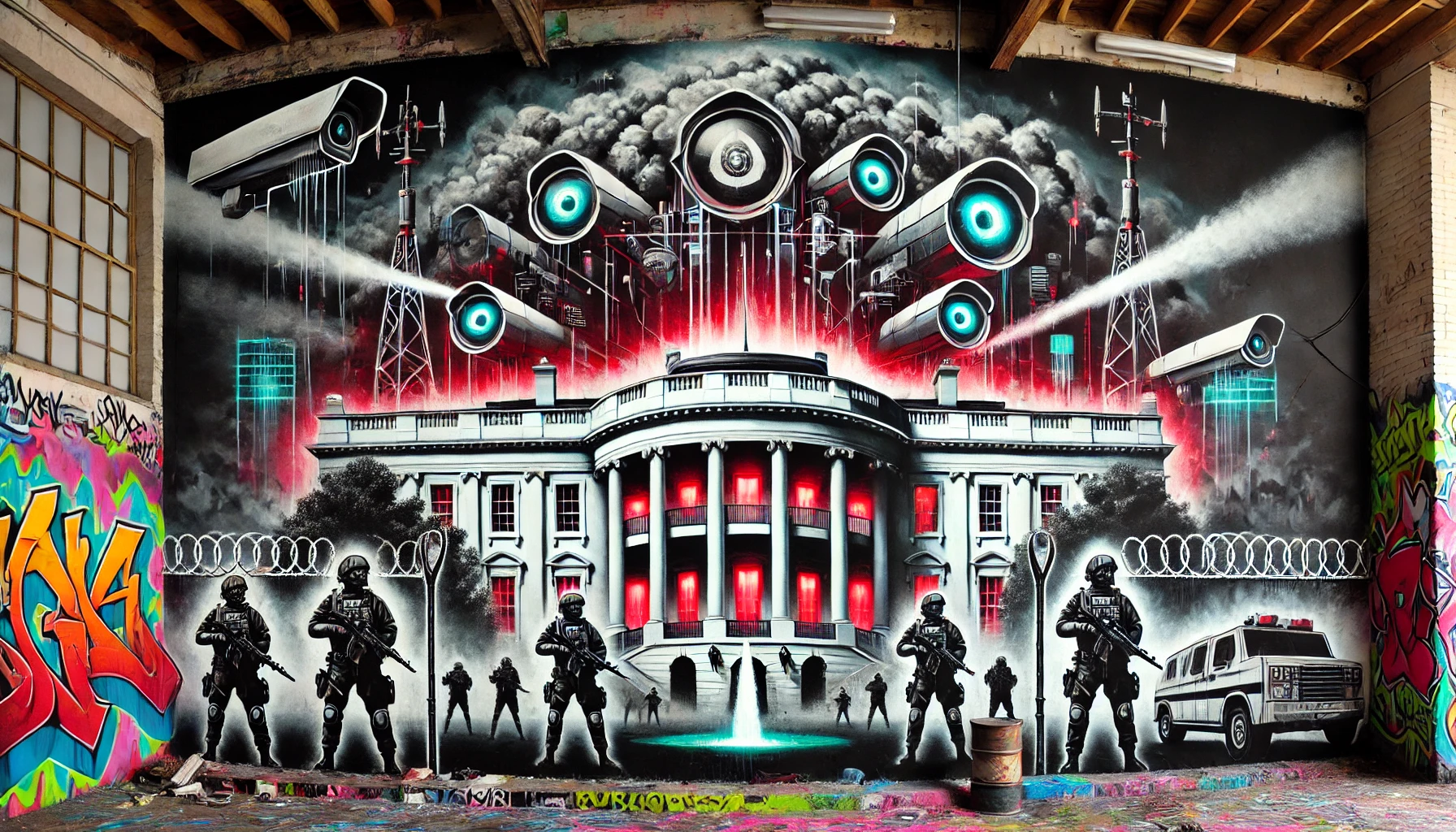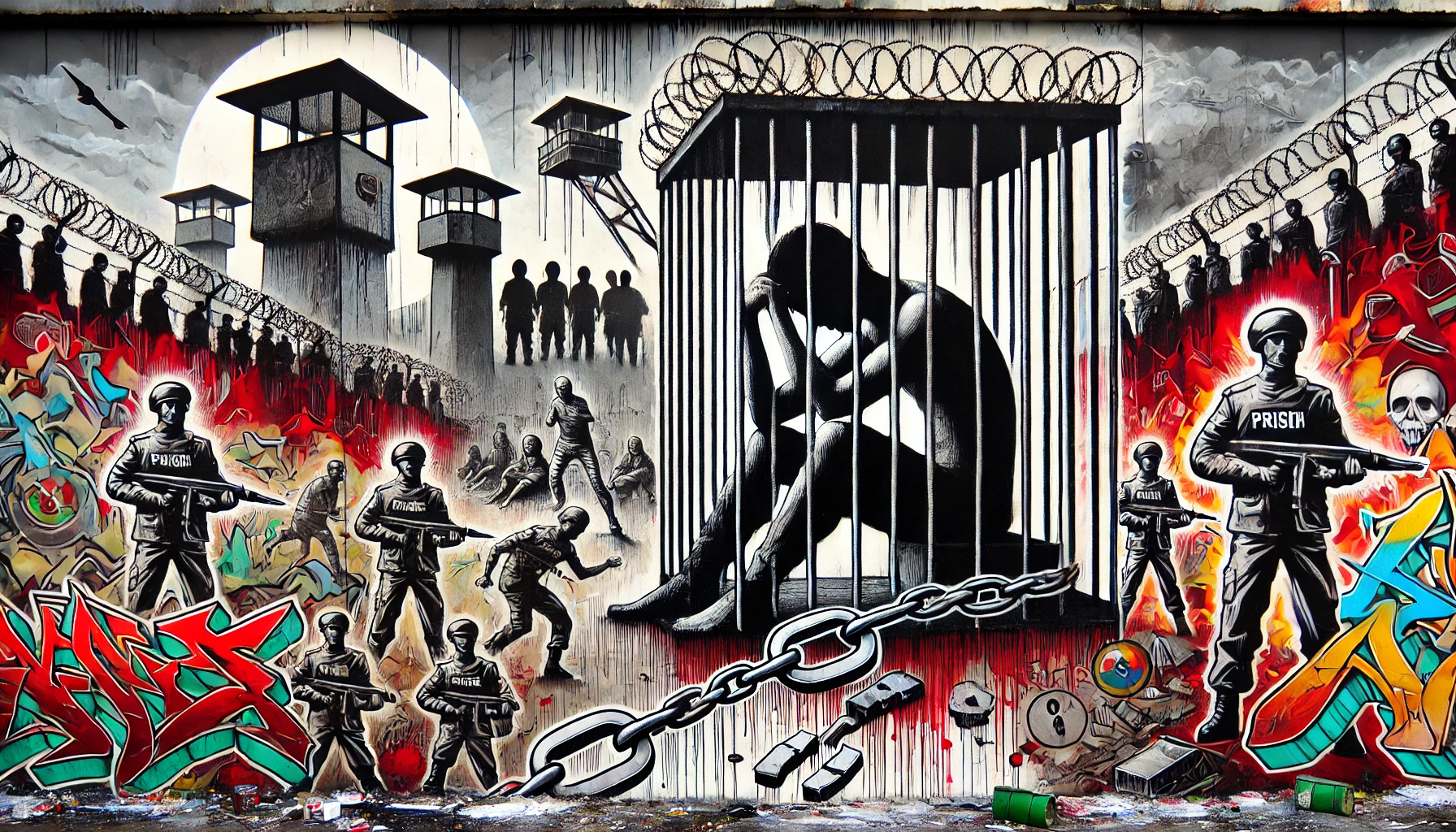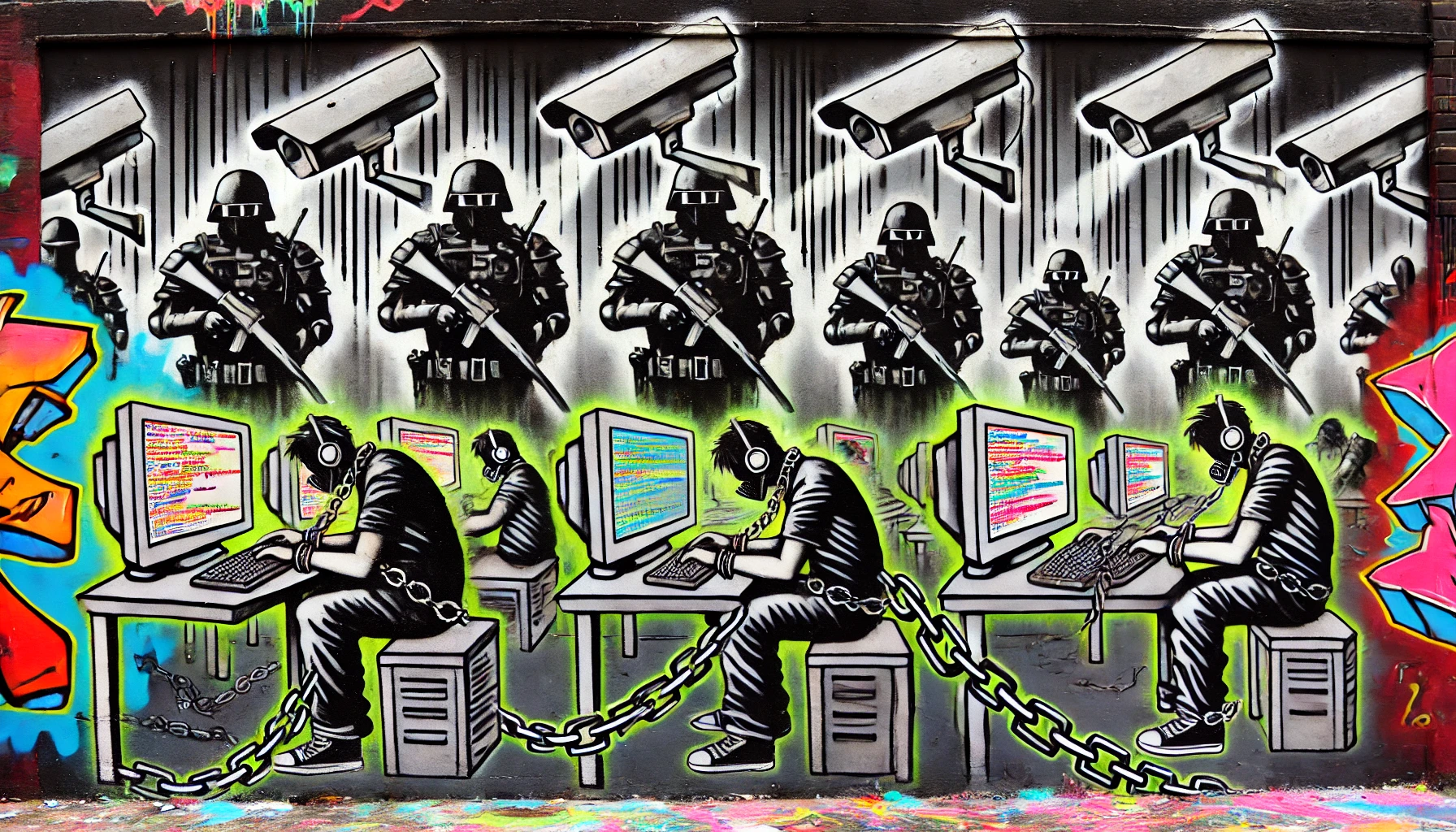As Donald Trump prepares to take office on January 20, 2025, concerns about his forthcoming administration have sparked debate over whether his leadership could lead the United States into a dystopian trajectory. Critics point to his rhetoric and proposed policies regarding censorship of criticism labeled as “antisemitism,” his alignment with hardline pro-Israel figures, and his controversial cabinet appointments as signals of potential threats to free speech and civil liberties. For the crypto community, which supported Trump for his campaign promises of economic freedom and support for decentralized technologies, fears are mounting about his lack of commitment to these ideals, particularly his silence on cases involving imprisoned developers and advocates of privacy-centric financial tools. Combined, these issues have raised significant doubts about whether Trump will fulfill his promises to champion freedom and innovation or prioritize ideological control, leaving many to question the future of liberty under his administration.
Controversy Surrounds the Trump Transition Process and Cabinet Picks
Donald Trump’s recent election victory and the subsequent transition period have been marked by both rapid action and significant controversy. Having secured his position as the 47th President of the United States, Trump has moved swiftly to announce a diverse and contentious lineup of Cabinet picks, including figures such as Tulsi Gabbard for Director of National Intelligence and Pete Hegseth for Defense Secretary. This rapid pace of appointments, while demonstrating a clear intent to overhaul traditional government processes, has raised questions about the vetting process and the suitability of his nominees, many of whom face personal controversies and allegations.
Trump’s choices have sparked skepticism from various quarters, including Republican lawmakers, who have traditionally been more aligned with his policies. The rejection of Matt Gaetz for Attorney General by Senate Republicans highlighted a rare moment of resistance within his party, as concerns over ethics and qualifications became impossible to overlook. Despite this, many of Trump’s other nominees, such as Robert F. Kennedy Jr. for Health and Human Services, have continued to move forward, reflecting Trump’s prioritization of loyalty and alignment with his “America First” agenda over traditional qualifications.
This transition period has also led to increasing doubts among Trump’s voter base, many of whom supported his campaign promises to challenge the Washington establishment. The inclusion of career politicians and media personalities in his administration has left some questioning whether Trump will remain true to his anti-establishment rhetoric. This disconnect has prompted speculation about the type of governance he will ultimately deliver when he takes office in January 2025, raising concerns about the balance between fulfilling campaign promises and maintaining the functionality of key federal institutions.
As Trump prepares to assume office, the broader implications of his Cabinet selections and transition strategies remain uncertain. While his supporters view the appointments as evidence of his commitment to challenging the status quo, critics warn that the controversies surrounding his nominees could undermine trust in his administration and hinder his ability to govern effectively. This transition period serves as a critical test for Trump’s leadership and the alignment between his campaign promises and the reality of his governance.
Pro Crypto Presidency or Just Empty Political Promises?
During his 2024 presidential campaign, Donald Trump leaned heavily on rhetoric that appealed to the cryptocurrency community and industry, a sharp pivot from his earlier criticisms of Bitcoin and digital assets. Trump promised to transform the U.S. into a pro-crypto nation, advocating for clear regulatory frameworks and fostering innovation in the blockchain space. His proposals included creating a national strategic Bitcoin reserve to bolster the U.S. financial system and position Bitcoin as a key component of America’s future economy. Additionally, he pledged to pardon Ross Ulbricht, the controversial creator of the Silk Road marketplace, as a symbolic gesture to highlight government overreach in prosecuting cryptocurrency pioneers. These promises energized a previously skeptical crypto-voting base, contributing to his eventual electoral victory on November 5, 2024.
Trump’s vocal support for cryptocurrency resonated with voters who viewed his proposals as a solution to regulatory uncertainty and a path toward mainstream adoption of digital assets. His promises to integrate blockchain technology into government systems and reduce bureaucratic barriers to innovation were seen as a welcome departure from the perceived anti-crypto stance of the Biden administration. By portraying himself as a disruptor capable of dismantling what he labeled a “rigged financial system,” Trump secured significant backing from crypto advocates and industry leaders, who viewed his victory as a potential turning point for cryptocurrency policy in the U.S.
Trump’s controversial cabinet picks and his involvement in the controversial World Liberty Financial project have cast doubt on his ability or willingness to fulfill these promises. Figures like Robert F. Kennedy Jr. and Tulsi Gabbard, while aligning with some of Trump’s populist narratives, have sparked concerns over their limited experience with crypto policy and their divisive reputations. The recent World Liberty Financial project, spearheaded by Donald Trump and his sons, aimed to establish a decentralized finance platform but has faced significant challenges, including restrictive investment criteria, non-transferable tokens, and technical issues like website crashes. These factors, coupled with limited initial sales and skepticism over transparency and intent, have undermined the project’s credibility.
Further controversy arose from its association with figures like Justin Sun, who faces SEC scrutiny, and its offshore-focused sales strategy, which limits U.S. participation. Despite Trump’s pro-crypto rhetoric, the project’s struggles raise doubts about its commitment to financial inclusivity and its ability to deliver on its ambitious goals. Overall, the project has further fueled skepticism within the crypto community, raising questions about Trump’s understanding of the technology and his commitment to delivering on his campaign rhetoric.
As Trump prepares to take office in January 2025, the crypto community remains divided on whether his administration will deliver the pro-crypto agenda he championed during his campaign. While some remain hopeful that his past statements and electoral platform will translate into meaningful policy, others worry that his focus may shift to other priorities or that his controversial choices for key positions could undermine the progress he promised. Whether Trump will honor his commitment to the crypto industry, free Ross Ulbricht, and establish a Bitcoin reserve will ultimately determine the legacy of his relationship with the digital asset ecosystem.
Will Freedom and Innovation Flourish or Flounder Under a Trump Administration?
Donald Trump’s rhetoric and policy proposals regarding criticism of Israel, along with his controversial cabinet appointments, have raised significant concerns about the future of free speech and civil liberties under his upcoming administration. Trump has pledged to use federal authority to penalize universities and organizations that he claims promote “antisemitic propaganda,” a categorization critics warn could blur the line between genuine hate speech and valid criticism of Israel. Additionally, South Dakota Governor Kristi Noem’s adoption of the IHRA definition of antisemitism into state law, celebrated by Trump allies, contradicts the first amendment of the US Constitution and has heightened fears that dissenting views on Israeli policy could be suppressed under a broader federal push. These moves have sparked apprehension about whether his presidency will restrict open debate in the name of combating hate.
Trump’s cabinet choices only deepen these concerns, as many of his appointees have demonstrated unwavering support for Israel’s most hardline policies. Figures like Mike Huckabee and Marco Rubio have advocated for policies that critics argue could marginalize Palestinian rights and stifle balanced dialogue about the Middle East. The inclusion of such staunch Zionist voices suggests that Trump’s administration may prioritize loyalty to Israel over fostering diverse and constructive discussions on U.S. foreign policy. This perceived narrowing of acceptable discourse has prompted alarm about the administration’s potential to curtail First Amendment protections in favor of ideological conformity.
For the crypto community, which rallied behind Trump’s campaign promises of innovation, economic freedom, and support for decentralized technologies, these developments do little to inspire confidence. His silence on the plight of crypto pioneers like Ross Ulbricht, Samourai Wallet, Roman Sterlingov, Roman Storm, Roger Ver, and others prosecuted for alleged money laundering, tax evasion, and the creation of privacy-focused applications has already led to questions about his commitment to protecting individual liberties. Many crypto advocates fear that if these issues remain unaddressed, his administration could fall short of the pro-freedom rhetoric that garnered their support. This uncertainty leaves the community wondering whether Trump’s presidency will truly champion personal and financial autonomy or instead focus on consolidating control over dissenting voices.
As Trump prepares to take office on January 20, 2025, these factors collectively paint a grim picture for those who hoped his presidency would usher in a new era of freedom and innovation. Concerns about his restrictive stances on speech and the high expectations of his crypto-friendly promises have led some to question whether his leadership could steer the United States toward a dystopian future. This growing unease underscores the critical importance of holding the administration accountable to the values of liberty and open discourse it once claimed to champion.











